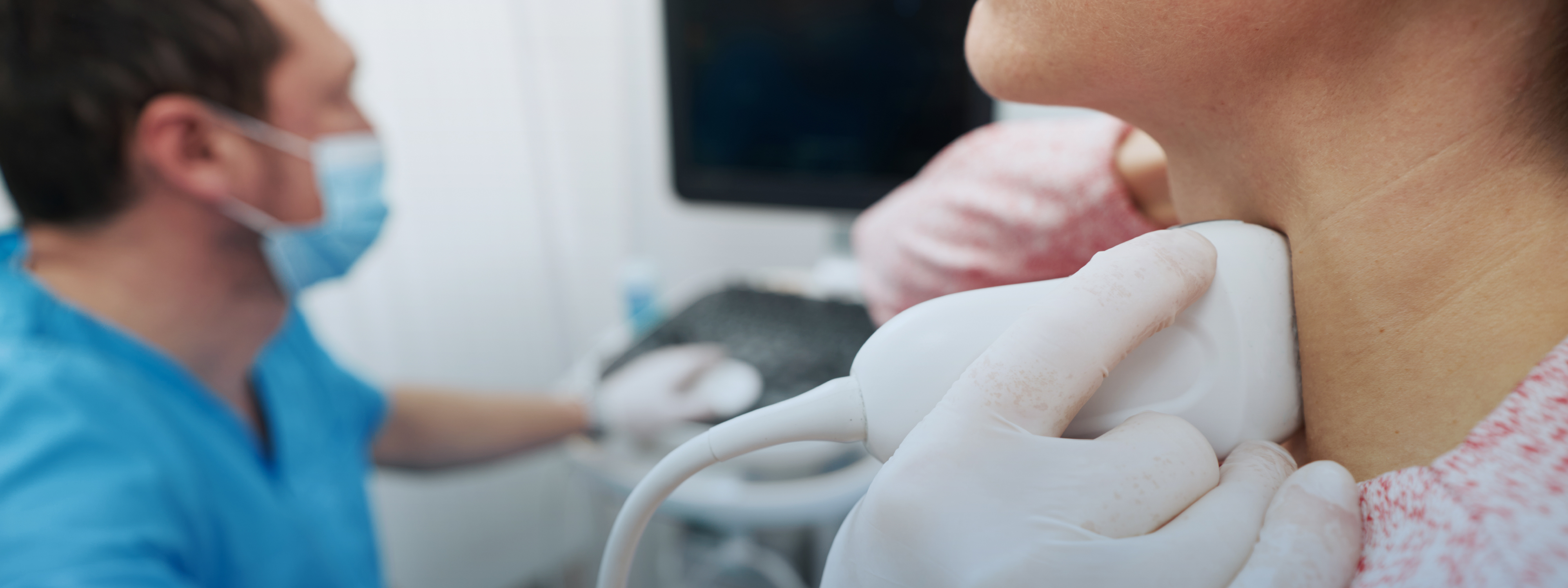 21+ years of exp
21+ years of exp
Languages
English, Hindi, Urdu, Gujarati and Basic ArabicClinics
HealthHub - Barsha Heights
HealthHub - Discovery Gardens

 21+ years of exp
21+ years of exp
HealthHub - Barsha Heights
HealthHub - Discovery Gardens